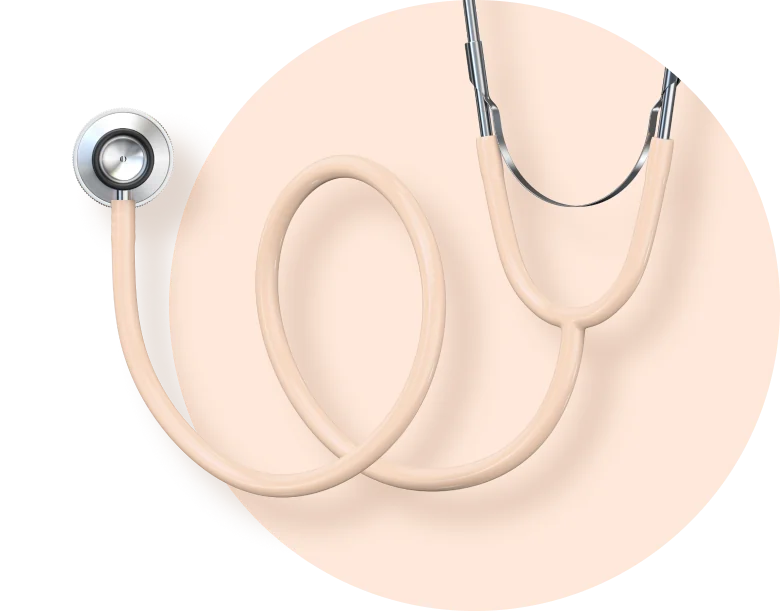Weight Loss Programs
Your journey for weight loss surgery begins with a surgeon evaluation, psychiatric evaluation, and a dietician visit.

Psychiatric Evaluation
At our surgical center, we prioritize comprehensive patient care and safety. Prior to undergoing weight loss surgery, we require all candidates to undergo a thorough psychiatric evaluation. This evaluation is a vital step in our holistic approach to treatment, aiming to ensure that patients are emotionally prepared for the transformative journey ahead. Our experienced psychiatric professionals assess various factors, such as mental health history, coping mechanisms, and readiness for lifestyle changes. By addressing psychological well-being alongside physical health, we strive to provide personalized care that enhances long-term success and overall wellness. Your safety and success are our top priorities, and our commitment to thorough psychiatric evaluation underscores our dedication to your comprehensive well-being throughout your weight loss surgery experience.
Dietician
At our surgical facility, we believe in a holistic approach to your weight loss journey. That’s why we encourage all patients considering weight loss surgery to consult with our skilled dietitians prior to their procedure. Collaborating closely with our surgical team, our dietitians customize pre-operative nutritional guidance tailored to your specific needs and goals. This ensures that you’re equipped with the knowledge and tools necessary to make informed dietary choices as you embark on this transformative path. By addressing nutritional aspects alongside surgical considerations, we’re dedicated to maximizing the long-term effectiveness and overall well-being of your weight loss journey. Your health and success are paramount to us, and our commitment to incorporating a dietitian’s expertise underscores our dedication to your comprehensive care throughout every stage of your weight loss surgery experience.
Diet Management & Surgeon Visit
Successful weight loss surgery requires more than just the procedure itself – it necessitates a comprehensive approach to diet management. Our team of experienced professionals collaborates closely with you to design a tailored dietary plan that aligns with your surgery type and personal preferences. Through continuous guidance and support, we ensure that you adopt healthy eating habits that optimize your results and enhance your overall well-being on your transformative journey.

Frequently Asked Questions
How long does the program take?
Generally, the process can take from 3 to 12 months depending on the type of insurance you have. If you decide to pay cash for procedure, the process typically takes around 1-2 months.
Will my insurance cover the procedure?
Many insurances cover bariatric surgery and there are some that do not. Prior to your visit, you should call your insurance provider to assess their benefit coverage of bariatric/weight loss surgery.
What is the recovery time after having a weight loss procedure?
Generally, most people are able to return to work two weeks after surgery. By four weeks, most people feel completely recovered.
Which procedures are offered and who decides on which procedure I have?
Currently, the sleeve gastrectomy and Roux-en-Y gastric bypass surgery are offered. Both options will be reviewed at your consultation and the final decision will be made by both parties.
What are the risks and benefits of weight loss surgery?
Bariatric surgery, also known as weight loss surgery, is a medical procedure designed to help individuals with severe obesity lose weight. There are different types of bariatric surgery, with the two most common being gastric bypass and gastric sleeve surgery. Like any surgical procedure, bariatric surgery comes with both risks and benefits. It’s crucial for individuals considering this option to thoroughly discuss these factors with their healthcare providers. Here’s an overview:
Benefits of Bariatric Surgery:
- Weight Loss: The primary goal of bariatric surgery is significant and sustained weight loss, which can lead to improvements in various obesity-related health conditions.
- Improved Health: Bariatric surgery has been shown to improve or resolve obesity-related health issues such as type 2 diabetes, hypertension, sleep apnea, and joint problems.
- Enhanced Quality of Life: Many individuals experience improvements in overall well-being, mood, and self-esteem after significant weight loss.
- Long-Term Results: Compared to non-surgical weight loss methods, bariatric surgery tends to provide more sustainable weight loss over the long term.
Risks and Complications of Bariatric Surgery:
- Surgical Risks: As with any surgery, there are risks of complications such as infection, bleeding, blood clots, and adverse reactions to anesthesia.
- Nutritional Deficiencies: Bariatric surgery can impact the body’s ability to absorb certain nutrients, leading to deficiencies in vitamins and minerals. Patients often need to take supplements for life.
- Dumping Syndrome: Rapid emptying of the stomach contents into the small intestine, known as dumping syndrome, can occur after surgery. It can lead to symptoms such as nausea, vomiting, weakness, and dizziness.
- Gastrointestinal Issues: Some individuals may experience gastrointestinal problems, including bowel obstruction, hernias, or ulcers.
- Psychological Effects: While many people experience improved mental health after surgery, some may face challenges such as depression, anxiety, or changes in body image.
- Regain of Weight: While bariatric surgery is effective for weight loss, some individuals may regain weight if they do not adhere to recommended lifestyle changes.
- Surgery-Specific Complications: Each type of bariatric surgery has its own set of potential complications. For example, gastric bypass surgery carries risks related to rerouting the digestive system.
It’s essential for individuals considering bariatric surgery to have a thorough understanding of both the potential benefits and the risks associated with the procedure. Additionally, a comprehensive evaluation by healthcare professionals is necessary to determine if a person is a suitable candidate for bariatric surgery based on their overall health and medical history.
